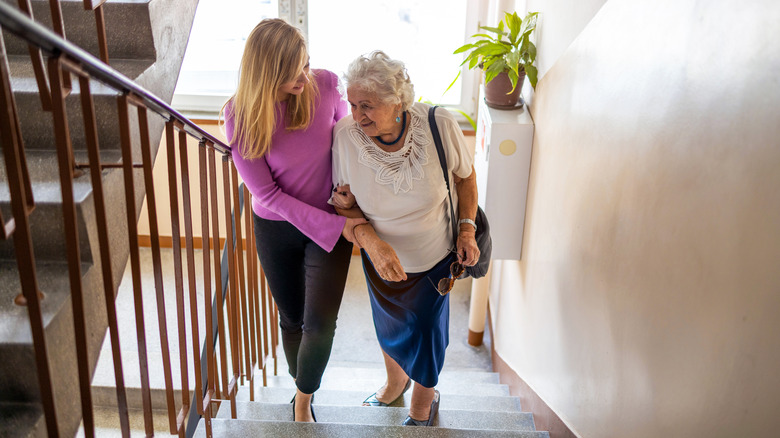New Study Reveals How Long COVID-19 Symptoms Can Really Last

We’ve all heard of COVID long haulers, with Alyssa Milano being one prominent voice opening up about her struggles. Maybe you are one of these brave individuals. To be clear, according to The Harvard Gazette, COVID long haulers are people who experience symptoms of the virus for an extended period of time, past its typical duration.
Now, a groundbreaking Stanford University study is looking at just how long certain folks may be afflicted by COVID-19 symptoms, and let’s just say the data is rather sobering.
According to the Daily Mail, researchers looked at nearly 10,000 people who had tested positive for COVID-19. Among those with moderate to severe cases, they found most had at least one symptom lasting for between 60 days, up to six, long months. The persistent symptoms included brain fog, shortness of breath, loss of taste and smell, sleep disorders, depression, anxiety, fever, chills, and fatigue.
As dismal as these findings may be, there is one important distinction to be made about who might experience lingering symptoms of COVID-19.
What this study might mean for COVID-19 sufferers

As the Stanford University study reports, the COVID-19 patients they looked at were hospitalized for severe illness. Of these cases, 70 percent did report experiencing symptoms for an extended period of time. Up to 40 percent reported fatigue, 36 percent reported shortness of breath, and 29 percent said they were experiencing sleep disorders.
“The numbers are very shocking, especially for fatigue and shortness of breath,” study author and graduate student Tahmina Nasserie said. “These were pretty debilitating symptoms, with some people reporting difficulty walking up a flight of stairs.”
The takeaway? As lead study author Steven Goodman, MD, PhD commented, “Early on, we completely ignored the long-term consequences of getting sick with this virus. People were being told this was all in their heads. The question now isn’t is this real, but how big is the problem.”
As a result of the findings, care providers may want to follow up with patients for a longer period of time post infection.
Source: Read Full Article


